The Supreme Court ruled that the Food and Drugs Act condemned every statement on a product’s label that may mislead or deceive
On Jun. 2, 1924, in U.S. v. 95 Barrels Alleged Apple Cider Vinegar, the Supreme Court ruled that…
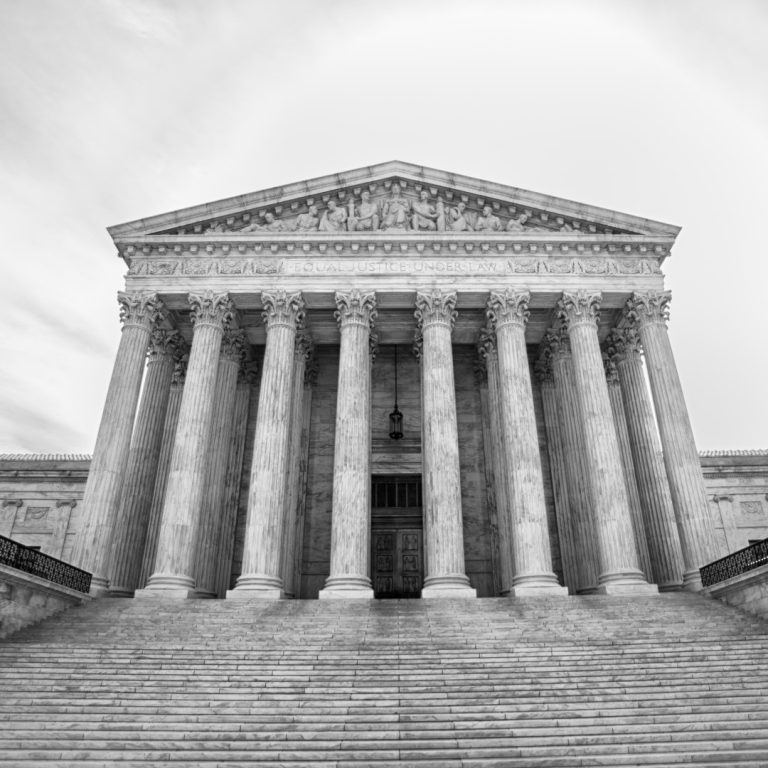
On Jun. 2, 1924, in U.S. v. 95 Barrels Alleged Apple Cider Vinegar, the Supreme Court ruled that…
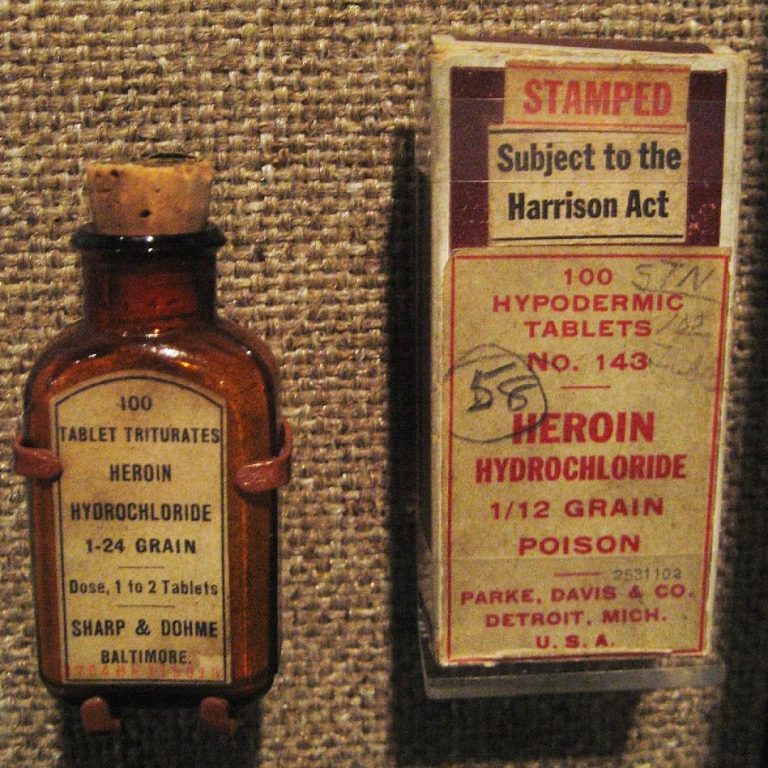
On Feb. 14, 1924, the Harrison Narcotic Act required prescriptions for products exceeding the allowable limit of narcotics…
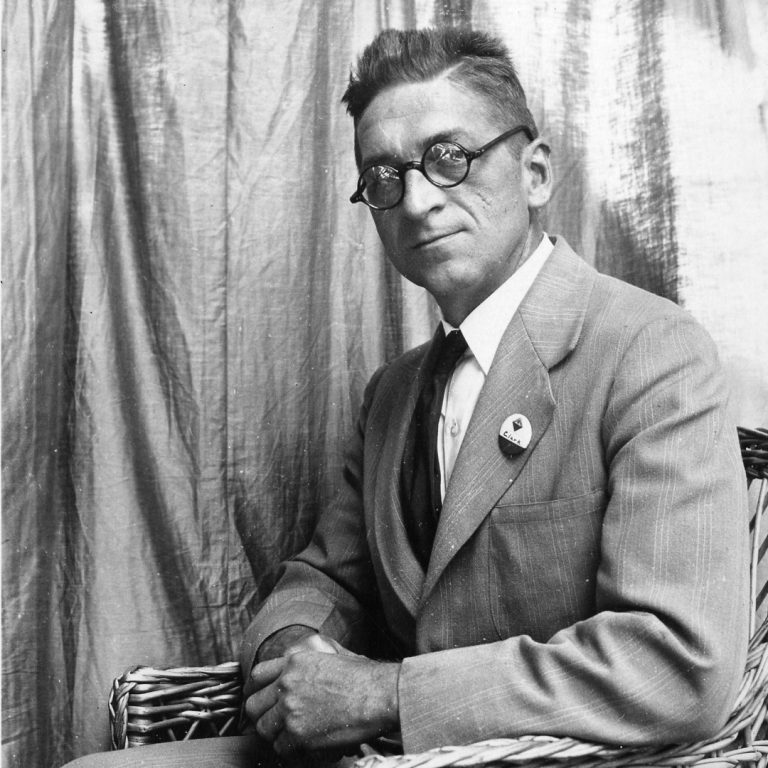
In 1923, William Mansfield Clark from the U.S. Department of Agriculture alerted the public to the dangers of…
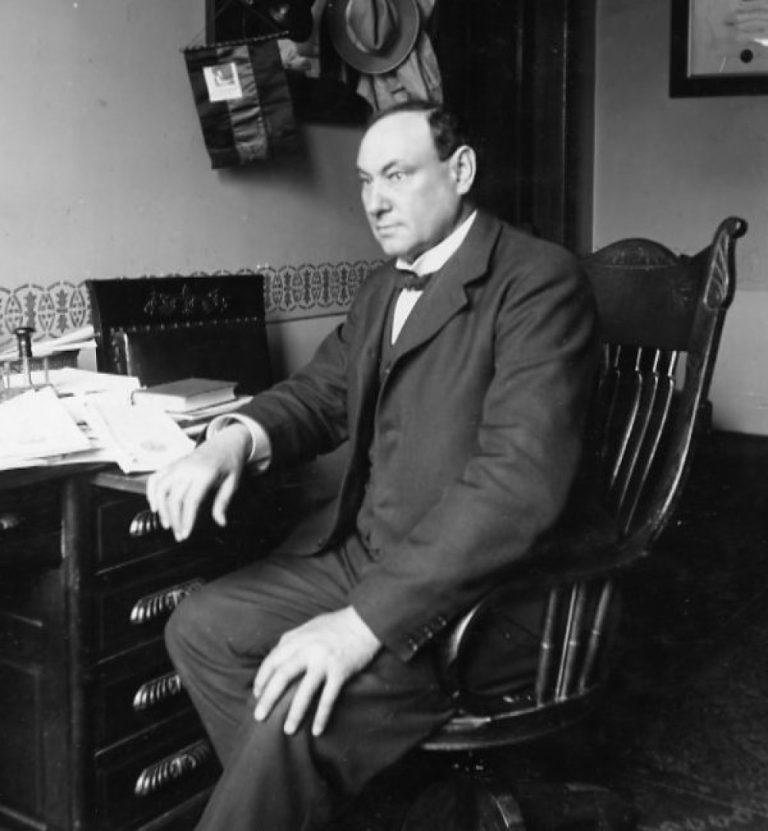
On Mar. 15, 1912, Dr. Harvey Wiley, “Father of the Pure Food and Drugs Act,” resigned as chief…
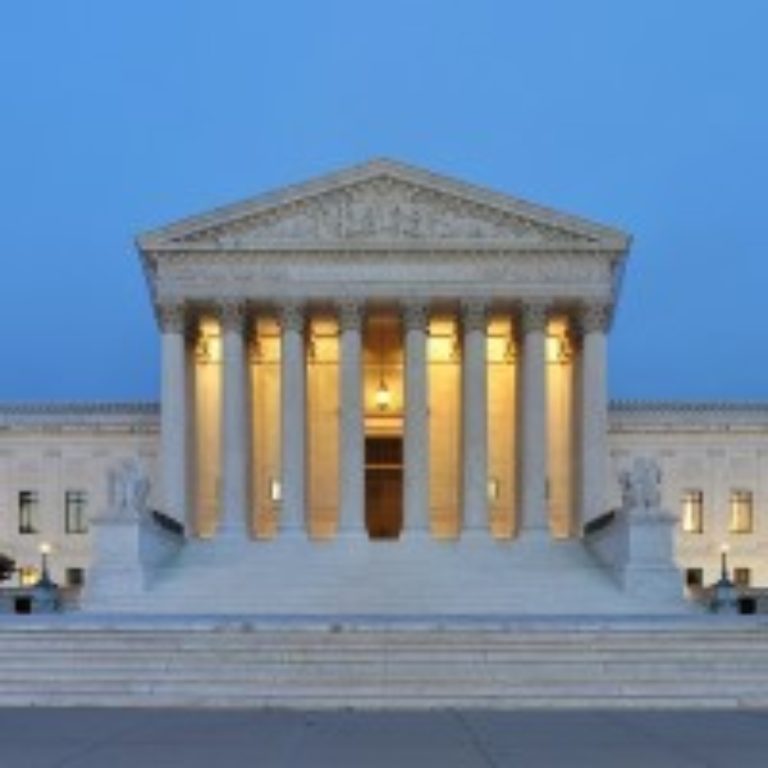
On May 29, 1911, in U.S. v. Johnson, the Supreme Court ruled that the 1906 Pure Food and…
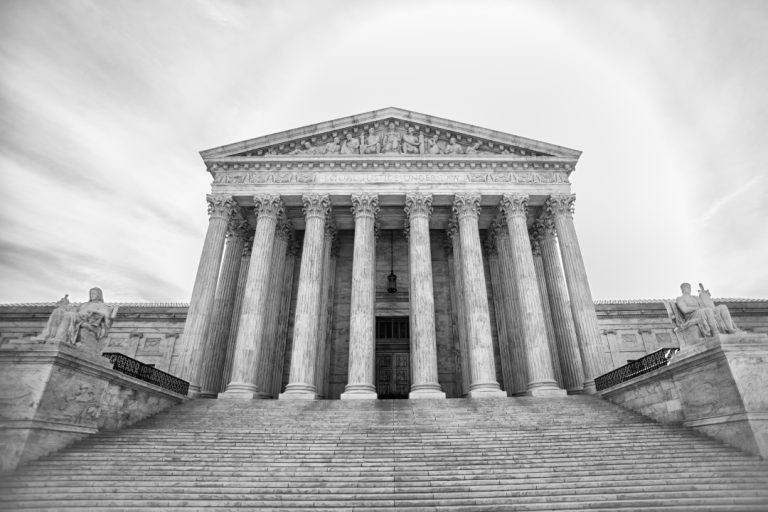
On Apr. 13, 1911, U.S. v. Johnson, the Supreme Court ruled against the government, finding that the product’s…
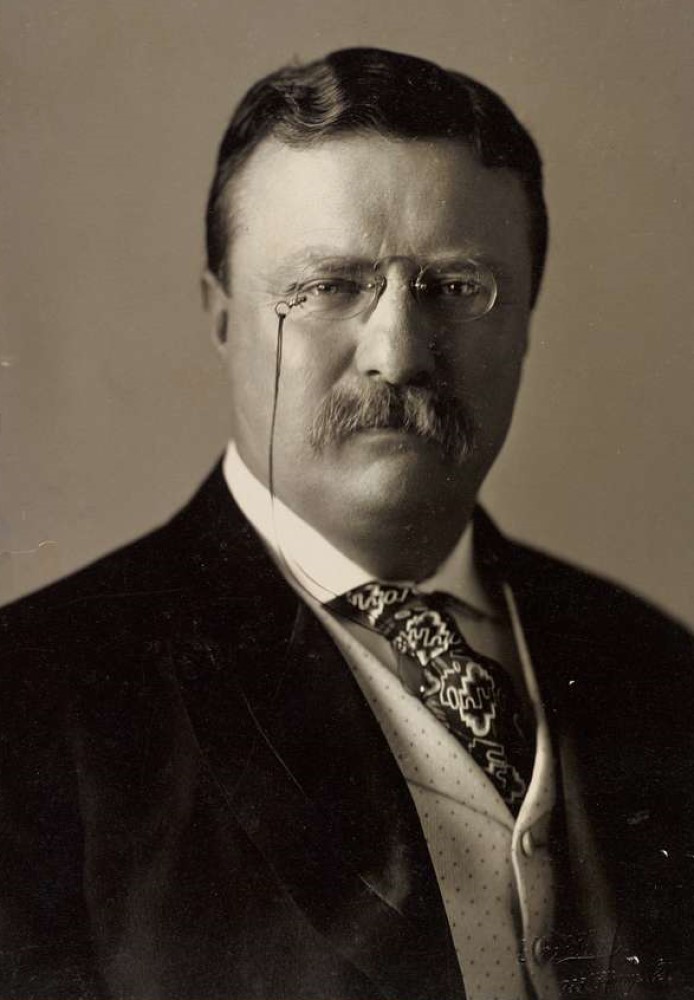
On Jun. 30, 1906, President Theodore Roosevelt signed the Pure Food and Drug Act, and the meat inspection…
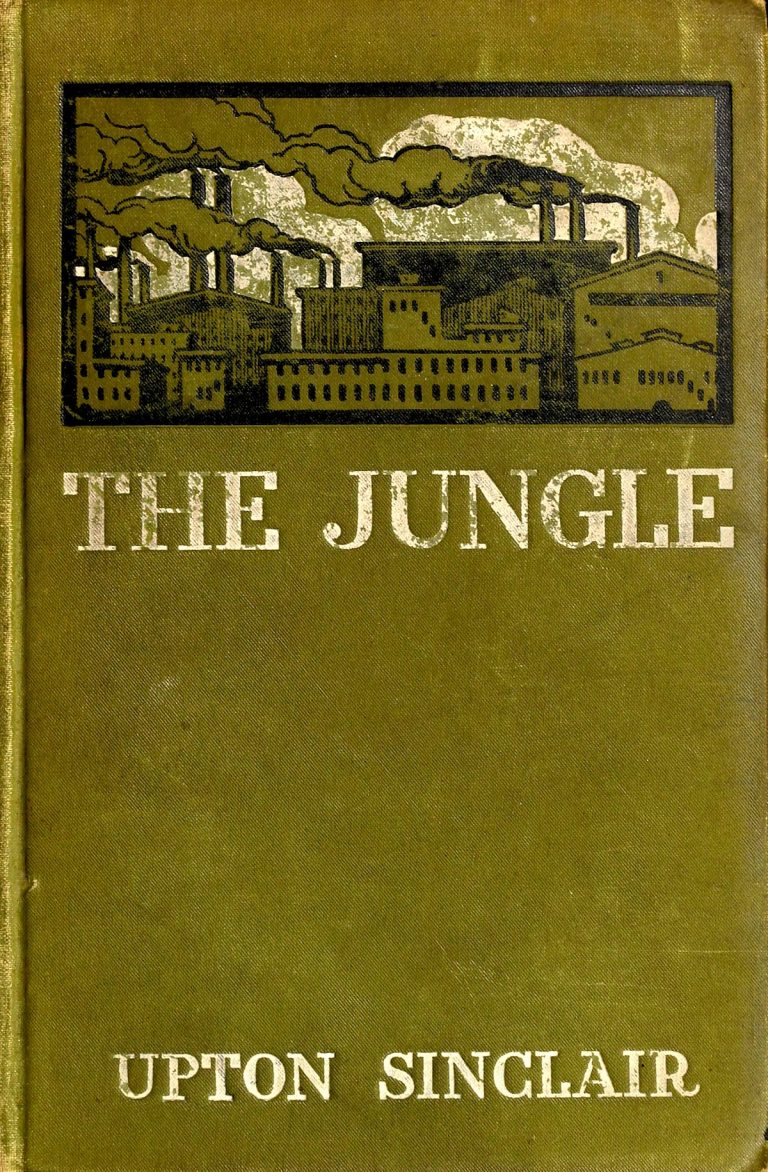
On Feb. 27, 1906, Upton Sinclair’s book The Jungle was published. The book gave graphic descriptions of the…

In 1899, Association of Official Agricultural Chemists (now AOAC International) established a Committee on Food Standards headed by…
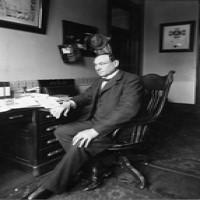
In 1883, Dr. Harvey W. Wiley becomes chief chemist, expanding the Bureau of Chemistry’s food adulteration studies. Campaigning…
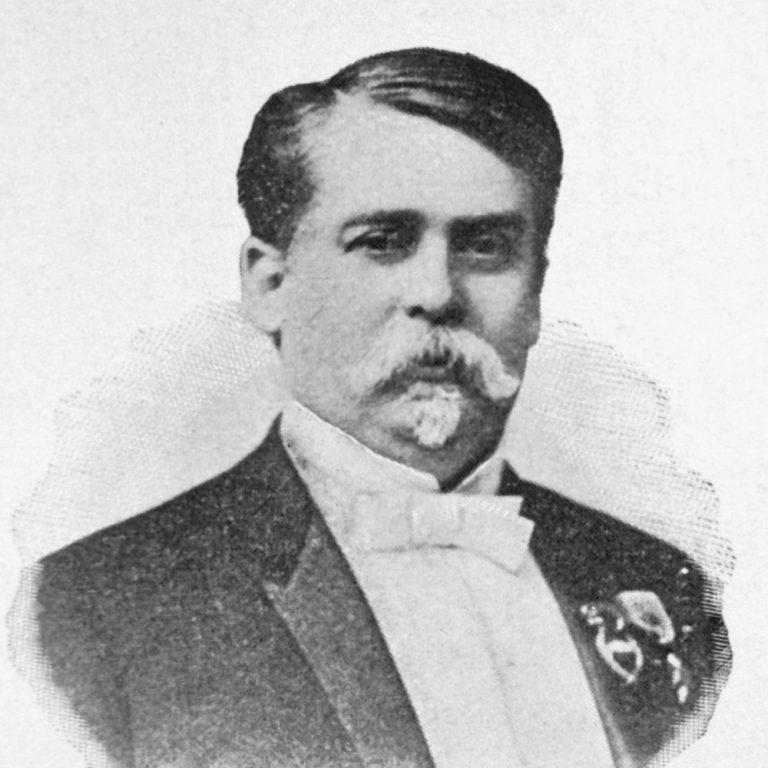
On Apr. 3, 1879, John B. Hamilton began service as Supervising Surgeon (later known as U.S. Surgeon General),…

In 1202, King John of England proclaimed the first English food law, the Assize of Bread, which prohibited…